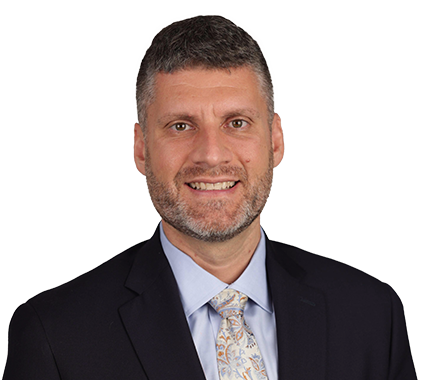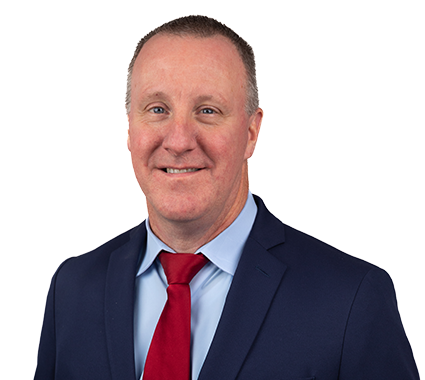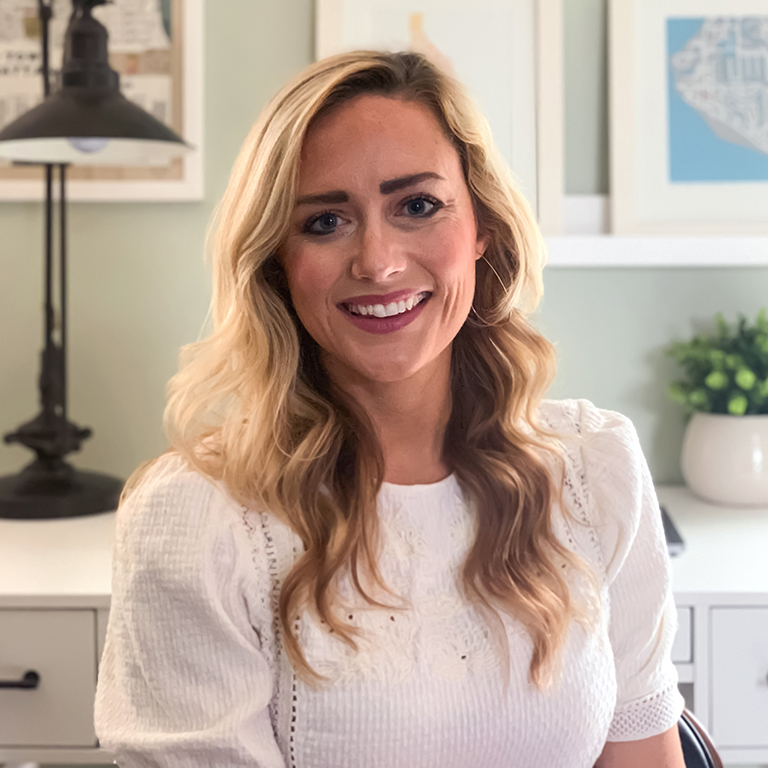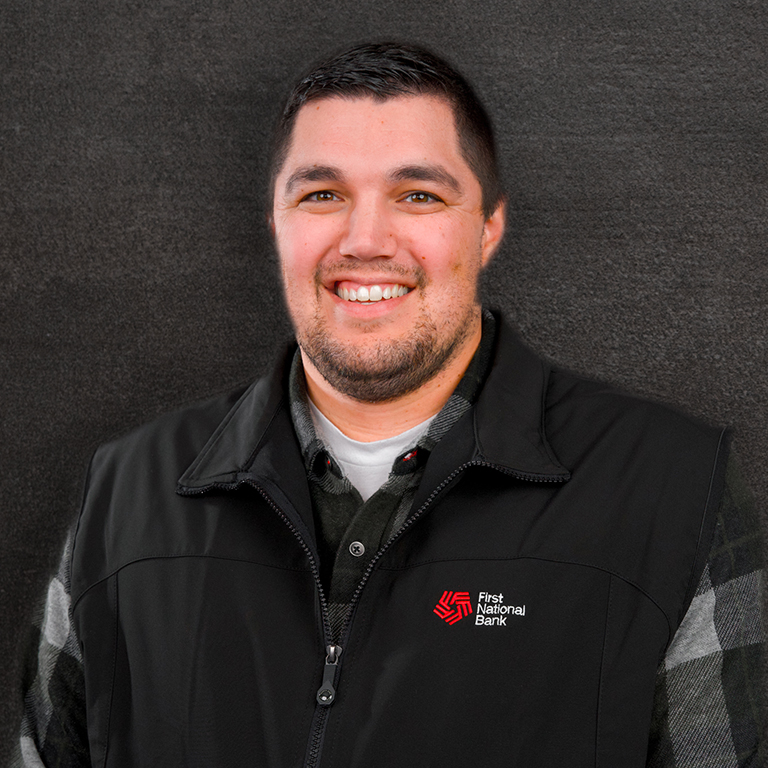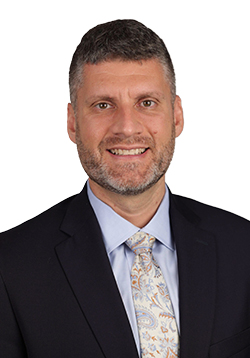
Do you ever wonder what causes you to fight with your spouse about finances, or to envy your neighbor’s newer car and bigger house?
On the latest episode of our podcast, Common Cents on the Prairie™, I sat down with Dr. Joy Lere, a licensed clinical psychologist and co-founder of Shaping Wealth, to break down the “why” behind our money habits.
You can read a recap of the conversation below, watch the full episode on YouTube, or listen on your favorite podcast app!
Why do I do that with my money?
Adam: I want to start with this question, if you wouldn’t mind sharing: can you tell us a little bit about what it was like for you with money growing up?
Joy: Something I often ask clients to reflect on is, “What is one of your earliest memories of money?” And so, I need to be able to turn the table and do the same kind of work myself.
I grew up on a farm in Minnesota, and something that was instilled in me very early on is how important giving is — not only for the people you’re giving to, but also what that experience provides you as a giver. And it’s not something you make a decision about; it’s just something you do.
So, my earliest memory of money is that I would get an allowance each week, and it was equally split between I Can’t Believe It’s Not Butter containers that we would get from my grandma. My mom had masking tape, and she wrote on them, “Spend,” “Save,” and “Give.”
Early on, there was just no question in my mind — it doesn’t matter how much or how little you have. You’ve been entrusted with something to use to look outside of yourself and improve the lives of others.
Adam: Whenever I ask that question to people, most of them go to something negative. So, kudos to your family for bucking that trend.

Let’s talk about money stress. Money continues to be one of the biggest stresses that we all experience in our lives. And in the context of relationships, it continues to be one of the leading causes of divorce.
What is it about money that makes us so stressed out?
Joy: Money is so emotional, because on some level it is tied to our survival. And when something is tied to survival, that can produce anxiety.
Also, money is linked to so many complex issues in our lives. When people talk about their money, they’re not just talking about what’s happening in their bank account; they are talking about their sense of security, trust, power, control, identity, and fairness in a relationship.
So, I think we need to understand that there are different layers and different things that are being talked about when people are speaking about their money. And I think it’s particularly challenging for couples because when two people enter a committed partnership, it’s not just two individuals coming together. There are two financial families merging.
Adam: You talk about merging families and experiences. I’ll use myself as an example, because I think I resonate with other people. When my wife, Diane, and I got married, we were about 25 years old. And those 25 years are often the most formative years in our lives.
So, all the experiences that we had growing up with money, the conversations we had around a kitchen table, or the conversations we didn’t have with our families and parents, and all of that baggage — we bring all of that into relationships. Joy, can you talk about the importance of our money histories? And, how do we start that process of talking about it?
Joy: Self-awareness is so critical when it comes to creating the life that we ultimately want to have for ourselves, but also in working well in our relationships with other people. Why are we triggered by certain things? Why are certain things important to us?
So, you want to start by understanding your own relationship with money, and then being curious about those same things with your partner — particularly if they are making some choices that you have a negative reaction to or don’t agree with. Instead of attacking, we really want to come at it with curiosity.
Humans are wired for survival. So, a lot of our behavior is pretty patterned, and patterns are set into motion early on. But we need to engage with people who we’re struggling to understand with empathy.
A really powerful question you can ask yourself is, “What would need to be true for that behavior to make sense?” And just asking someone, “Can you help me understand?” That can be really disarming because then it doesn’t become an attack.
Adam: Let’s talk about keeping up with the Joneses. Diane and I go for a walk almost every night that we can, and we go around and see the cars and the big homes. And you just can’t help but think, “What does everybody do?”
First of all, how prevalent is it that we are all impacted by that? Then, do you have any advice on how to help us tune out that noise?
Joy: I think we are all susceptible to it, and to the nature of social media where everyone else’s very curated, edited highlight reel is in our face all the time. It’s there, so in some ways, comparison is inevitable.
But we must remember that we are constantly comparing our private lives — our private messes, our pain — to a very narrow, curated picture of other people’s public personas. And even when you’re walking by the white picket fences, you don’t know what’s going on behind closed doors.
I tell people that I have one of the best jobs in the world as a clinical psychologist. People entrust me with their stories, and it is an honor and a privilege. I get to hear and engage in conversations with people that they are not having with anyone else in their life.
I’ve worked with some very accomplished, successful individuals. People you see on the nightly news, people you read about in newspapers. And on the outside, they have what most people are telling themselves, “Well, that’s what I want.”
But, trust me — time and time again, I get to hear the messiness behind what the rest of the world sees. So, I think when we are playing that comparison game, we need to remind ourselves, “Wait, I’m comparing my whole picture to one snapshot, so I’m not being fair to myself.”
We almost want to cherry pick: I want that house, I want their boat, I want that vacation to Italy for the whole month of August! Well, do you want their marriage that’s falling apart? Do you want their stomach ulcers and panic attacks because they are so stressed out by their job?
Those are all things we need to hold in mind when we’re playing the comparison game.
Adam: I want to reflect back on a conversation I had recently with a couple of friends. They said that while these conversations have been difficult at times, what’s happened is they have a greater sense of intimacy in their relationship having worked through this process to get on the same page financially. Why do you think that is?
Joy: I think money is one of the most intimate topics in our lives. So, when you are sharing that fully with someone, you are very exposed. You are fully known.
But when you have two people who can do a hard thing together, that is going to form a deepened bond — and it’s going to deepen that trust as well.

Are you ready to take control of your money habits, behaviors, and conversations? Send us a note; we’d be happy to help you get started!
And, check out the episode “The Psychology of Money” to dig even deeper into the “why” behind your money:
Any comments, insights, or strategies discussed in this article are intended to be general in nature and, therefore, may not be suitable for you and your situation, whatever that may be. Before acting on anything written here, please consult with your attorney, CPA, and/or your financial advisor.
